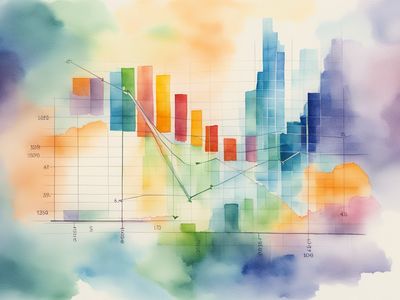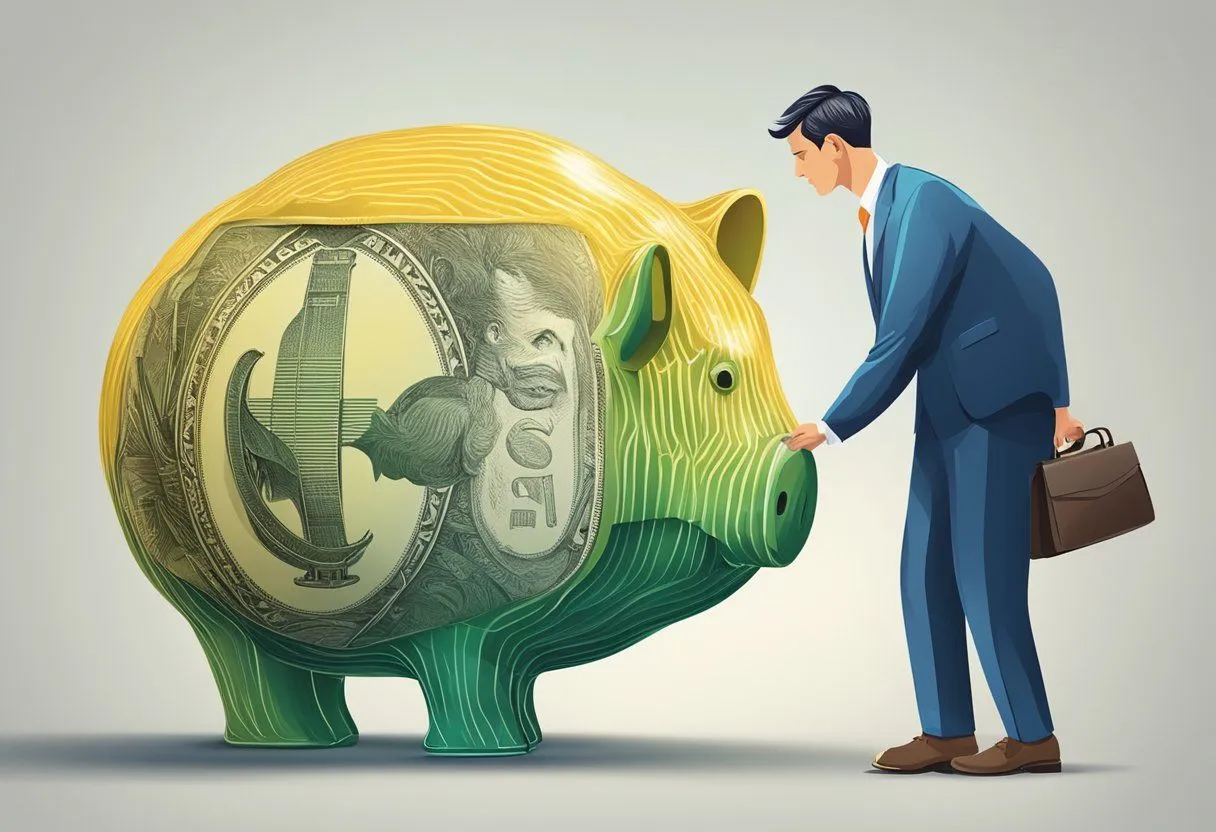Economic Trends: Impact on Personal Finances
Economic trends have a significant impact on personal finances. Understanding these trends is crucial for individuals who want to make informed decisions about their money. Economic trends can affect everything from job security to the cost of living, and keeping up with them can help individuals prepare for changes in their financial situation.
One trend that has been affecting personal finances in recent years is the rise of the gig economy. With more people working as freelancers or independent contractors, traditional jobs with benefits and stability are becoming less common. This shift has led to changes in the way people budget and save for retirement, as well as an increased focus on building multiple income streams.
Another trend that has been impacting personal finances is the rise of automation and artificial intelligence. As machines become more advanced, many jobs that were previously done by humans are being automated. While this trend has led to increased efficiency and productivity, it has also led to job loss and increased competition for remaining positions. Understanding how automation and AI are impacting the job market is crucial for individuals who want to make informed decisions about their career paths and financial futures.
Understanding Economic Trends

Definition and Importance
Economic trends refer to the general direction in which the economy is moving. Understanding economic trends is crucial for individuals as it can help them make informed decisions about their personal finances. Economic trends can affect the job market, inflation rates, interest rates, and stock prices, among other things.
By keeping an eye on economic trends, individuals can anticipate changes in the economy and adjust their finances accordingly. For example, if the economy is experiencing a recession, individuals may want to cut back on their spending and save more money. On the other hand, if the economy is growing, individuals may want to take advantage of investment opportunities.
Major Economic Trends
There are several major economic trends that individuals should be aware of:
- Gross Domestic Product (GDP): GDP measures the total value of goods and services produced in a country. A growing GDP generally indicates a growing economy, while a shrinking GDP can indicate a recession.
- Inflation: Inflation refers to the rate at which prices for goods and services are increasing. High inflation can erode the value of money over time, making it important for individuals to keep their money invested in assets that can keep up with inflation.
- Interest Rates: Interest rates are set by central banks and can affect borrowing costs for individuals. High interest rates can make it more expensive to borrow money, while low interest rates can make it easier to borrow money.
- Unemployment: The unemployment rate measures the percentage of people who are actively looking for work but cannot find it. High unemployment rates can make it difficult for individuals to find employment and can lead to a decrease in consumer spending.
By understanding these major economic trends, individuals can make more informed decisions about their personal finances.
Impact of Economic Trends on Personal Finances

Economic trends can have a significant impact on personal finances. In this section, we will explore how economic trends affect income, expenditure, investments, and savings.
Effect on Income and Expenditure
When the economy is doing well, people tend to have more disposable income. This is because there are more job opportunities, higher wages, and lower unemployment rates. As a result, people are more likely to spend money on discretionary items such as entertainment, travel, and dining out. Conversely, during an economic downturn, people tend to have less disposable income. This is because there are fewer job opportunities, lower wages, and higher unemployment rates. As a result, people are more likely to cut back on discretionary spending and focus on necessities such as food, housing, and healthcare.
Influence on Investments and Savings
Economic trends can also have a significant impact on investments and savings. During a bull market, investors tend to be more optimistic about the economy and are more willing to invest in stocks and other assets. Conversely, during a bear market, investors tend to be more pessimistic about the economy and are more likely to sell their investments and hold onto cash. Similarly, during an economic boom, people tend to save less and spend more, while during an economic downturn, people tend to save more and spend less.
Overall, economic trends can have a significant impact on personal finances. By understanding how economic trends affect income, expenditure, investments, and savings, people can make more informed decisions about their finances and better prepare for economic ups and downs.
Adapting Personal Finance Strategies

Personal finance strategies must adapt to economic trends to ensure financial stability. Here are some ways to adapt personal finance strategies to the current economic trends.
Budgeting and Spending
Creating a budget is a crucial step in managing personal finances. In an uncertain economic environment, it is essential to review and adjust the budget regularly. Here are some tips to adapt budgeting and spending strategies:
- Prioritize essential expenses: In a recession or economic downturn, it is important to prioritize essential expenses such as housing, food, and healthcare. Non-essential expenses such as entertainment and travel should be reduced or eliminated.
- Cut back on discretionary spending: If the economy is uncertain, it is wise to reduce discretionary spending. This includes eating out, shopping for non-essential items, and other luxury expenses.
- Monitor spending: Regularly monitoring spending can help identify areas where expenses can be reduced. This can be done by reviewing credit card and bank statements, and tracking expenses in a spreadsheet or budgeting app.
Investment Decisions
Investment decisions must also be adapted to economic trends. Here are some tips to adapt investment strategies:
- Diversify investments: Diversification is key to managing risk in investments. Investing in a mix of stocks, bonds, and other assets can help reduce the impact of economic downturns on investments.
- Review investment portfolio: Regularly reviewing the investment portfolio can help identify areas where adjustments can be made. This includes rebalancing the portfolio to maintain the desired asset allocation and reducing exposure to high-risk investments.
- Consider professional advice: In uncertain economic times, it may be wise to seek professional advice from a financial advisor. They can provide guidance on investment decisions and help manage risk.
Adapting personal finance strategies can help ensure financial stability in uncertain economic times. By prioritizing essential expenses, reducing discretionary spending, diversifying investments, and seeking professional advice, individuals can manage their finances effectively.



